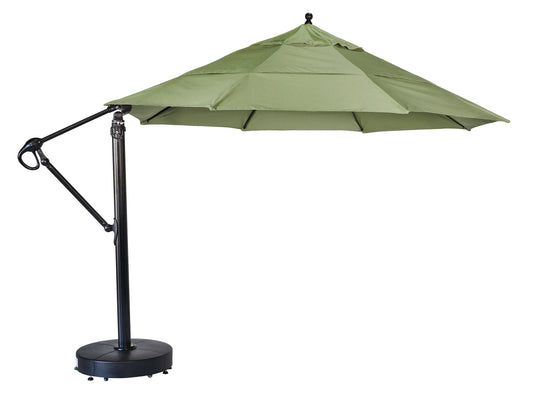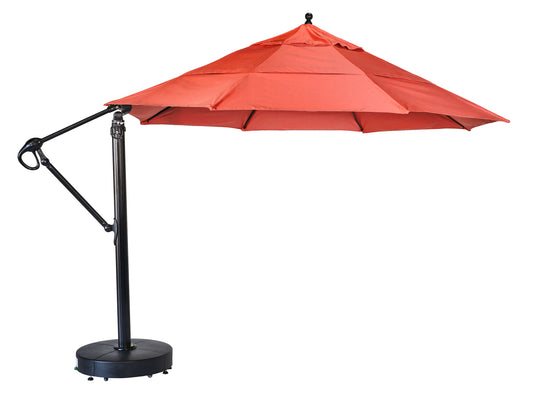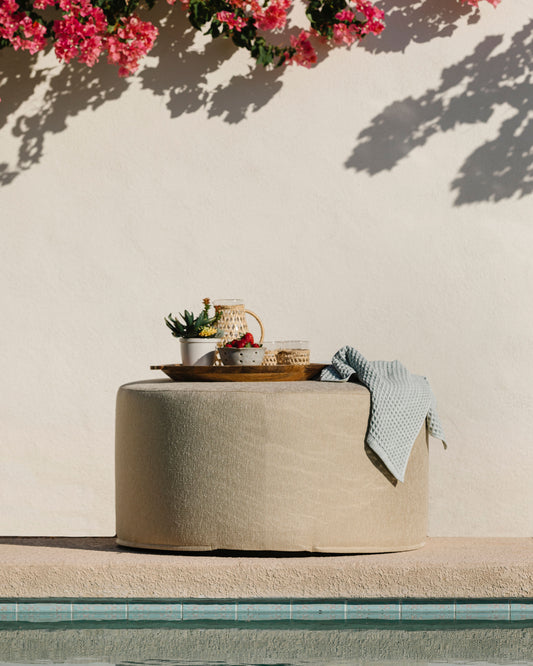By Diana Elizabeth Steffen
Do you want to grow your own food, or are you curious what it’d be like gardening? I highly recommend starting a garden! You can use areas you already have to plant vegetables and herbs, such as flower bed borders where shrubs are, or along any walkway. You don’t necessarily need a designated garden bed area, but if you want one, let me share how to set up and build a garden bed.
 We’ve built two types of raised garden beds (anything above soil level) - wood, and brick. It depends on your budget and how permanent you want your beds to be once you build them.
We’ve built two types of raised garden beds (anything above soil level) - wood, and brick. It depends on your budget and how permanent you want your beds to be once you build them.
I also learned that having your garden in the ground is best for areas like Zone 9b (Phoenix) where it is very hot – however, I will say when it is very hot in Phoenix in the summertime, nothing really grows and it’s the time for everything to rest, including us.
Growing in containers can sometimes be difficult for vegetables and herbs, depending on your area’s climate. The ground may allow the roots to deal with better temperatures opposed to extreme heat or cold.
For beginners, some like to have a raised garden bed that is at waist level and on rollers. This allows you to roll it in the sun and roll it away when necessary. These kinds of beds are better for your back, of course, convenient to set up, and good for small spaces if you don’t have a designated area for a garden.

HOW TO BUILD YOUR GARDEN BEDS
Materials needed:
- Redwood boards or any pressure treated wood. Depending on your bed corner height (which you will purchase), find the designed board length. TIP: Don’t plan for your bed width to be wider than 4′ since you want to reach the middle from both sides of the box. You determine the height, 10” at least, but it should match the raised bed corners (see next bullet point).
-
Raised bed corners for your beds (we bought 10″ deep and bought 10” boards), or these planted wall blocks are cheap.
Step 1: Rip up the grass, turn it over upside down or remove it completely (it’s best bet to avoid any grass seeds).
Step 2: Cover the bottom of the beds with layers of cardboard – start collecting old shipping boxes. Make lots of layers (I did three layers), it will decompose and naturally block out weeds. You could also use weed blocker.
Step 3: Arrange for a dirt and sand mix to be delivered from a local landscape company – tell them the size of your boxes and they can help you determine how much you may need. Let them know you are looking for materials for a garden bed.
 When we created a new kitchen garden and knew it would be permanent, we hired someone to build brick beds for us! I would recommend that you add seating around your beds so it’s nice to sit there and also garden.
When we created a new kitchen garden and knew it would be permanent, we hired someone to build brick beds for us! I would recommend that you add seating around your beds so it’s nice to sit there and also garden.
 Now remember, the best fertilizer is a gardener’s shadow! I take that to heart daily, which basically means you should check on your garden constantly to tackle any issues, such as watering and pest issues. Happy gardening!
Now remember, the best fertilizer is a gardener’s shadow! I take that to heart daily, which basically means you should check on your garden constantly to tackle any issues, such as watering and pest issues. Happy gardening!
 Diana Elizabeth Steffen is a Phoenix-based photographer and blogger at dianaelizabethblog.com where she shares her home and garden projects with camera in hand!
Diana Elizabeth Steffen is a Phoenix-based photographer and blogger at dianaelizabethblog.com where she shares her home and garden projects with camera in hand!



 When we created a new kitchen garden and knew it would be permanent, we hired someone to build brick beds for us! I would recommend that you add seating around your beds so it’s nice to sit there and also garden.
When we created a new kitchen garden and knew it would be permanent, we hired someone to build brick beds for us! I would recommend that you add seating around your beds so it’s nice to sit there and also garden. Now remember, the best fertilizer is a gardener’s shadow! I take that to heart daily, which basically means you should check on your garden constantly to tackle any issues, such as watering and pest issues. Happy gardening!
Now remember, the best fertilizer is a gardener’s shadow! I take that to heart daily, which basically means you should check on your garden constantly to tackle any issues, such as watering and pest issues. Happy gardening!





